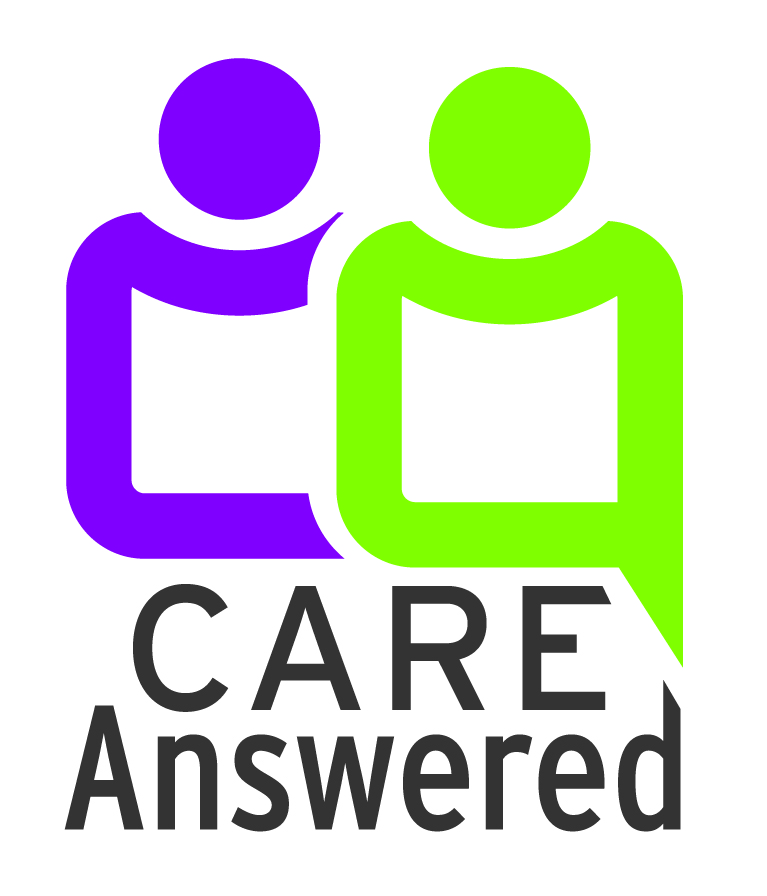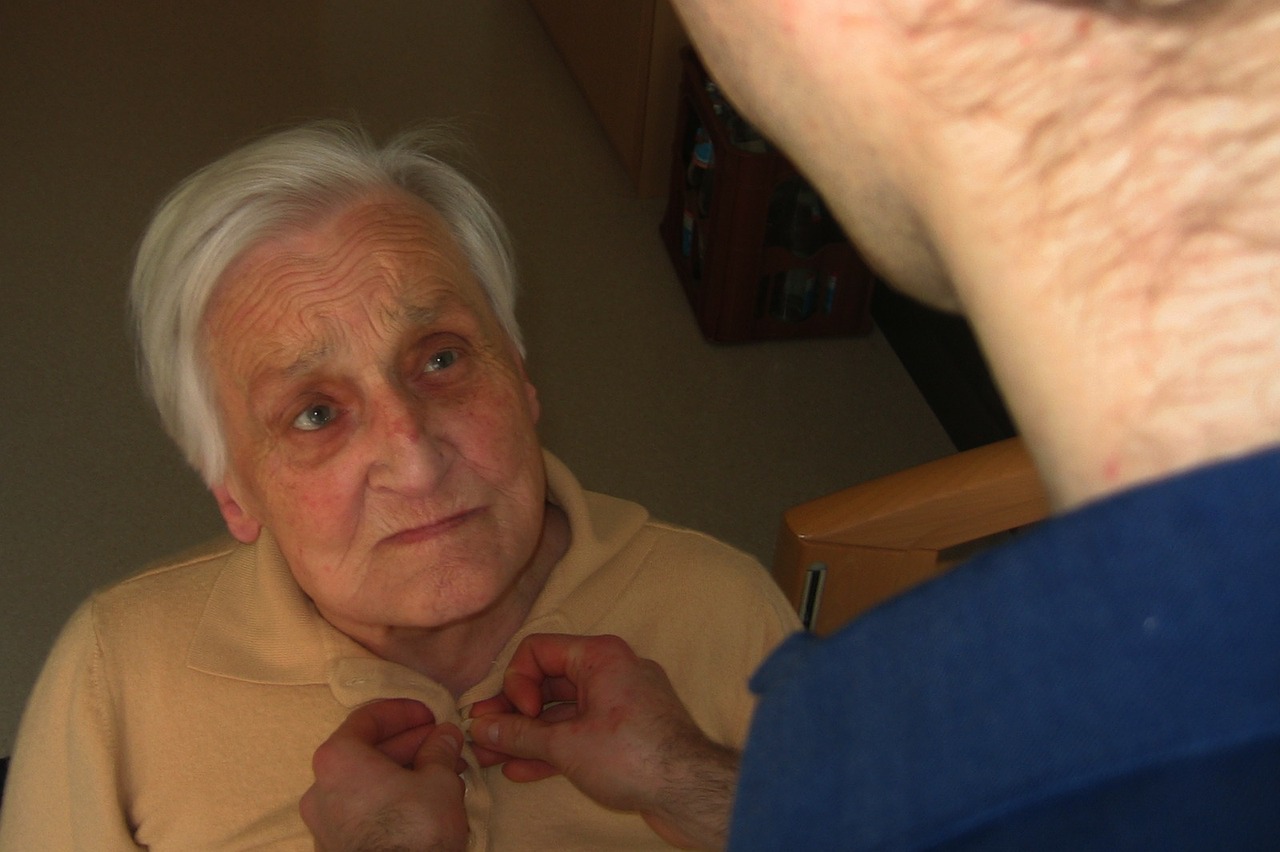
Illness, injury or advancing age can result in the need for assistance in our day-to-day lives. When this happens, it is important to make sure that you have the appropriate provider to care for you or your loved one. The question then becomes, how do you know if your loved one is in good hands? The answer is through preparation and asking questions
The first thing you need to do is start a conversation. Include your loved ones and primary care physician in the discussion about the need for home care and the type of care needed. This will ensure that everyone can bring their concerns to the table. Step two is to start compiling lists. Make a list of daily activities with which you/your loved one need assistance. Every person is different and no two home care providers will need to perform the same exact tasks.
Building off of this, you should determine what hours of the day and how many days a week you/your loved one needs care. It is also important to create a medication list (include supplements) that contains information on why the medication is taken, what dosage, and when it is taken. Keep in mind many home care agencies can’t have their aides “administer” medications. This means the aides cannot take the medicines out of the bottle to give you, but they can give reminders. (Always ask any care provider what they are able to do based on your list of daily activities.)
After you’ve described the specific needs of you/your loved one, it is recommended that you make a list of personality traits you/your loved one would find ideal, because remember, this person will be in your home. For example, would you have a preference for someone chatty or quiet/reserved? Is there a language in which you are more comfortable communicating? Would you be more comfortable with a man or a woman? Is there a culture that you feel most at ease around? These are all important questions that should be answered before choosing an aide.
It is also helpful to establish a communication plan with the home care provider if you are a loved one. Perhaps you want to be contacted immediately if any change of behavior is noticed, or establish a protocol for any emergency situations. In addition, whether you decide to find a home care agency or choose a home care provider privately, make sure a background check is done. While it would be ideal to interview all of your prospective home care providers, sometimes it is not possible to conduct in-person or phone interviews with all of them. The lists and schedules that were made earlier can help prevent any unforeseen issues.
Of course, even after preparing as best as possible, it’s important to follow through. Try to have a loved one or advocate stop by unannounced to make sure that the home care provider is meeting all expectations.
Still have questions? Contact Care Answered for personalized help with selecting the right in-home caregiver for you.

